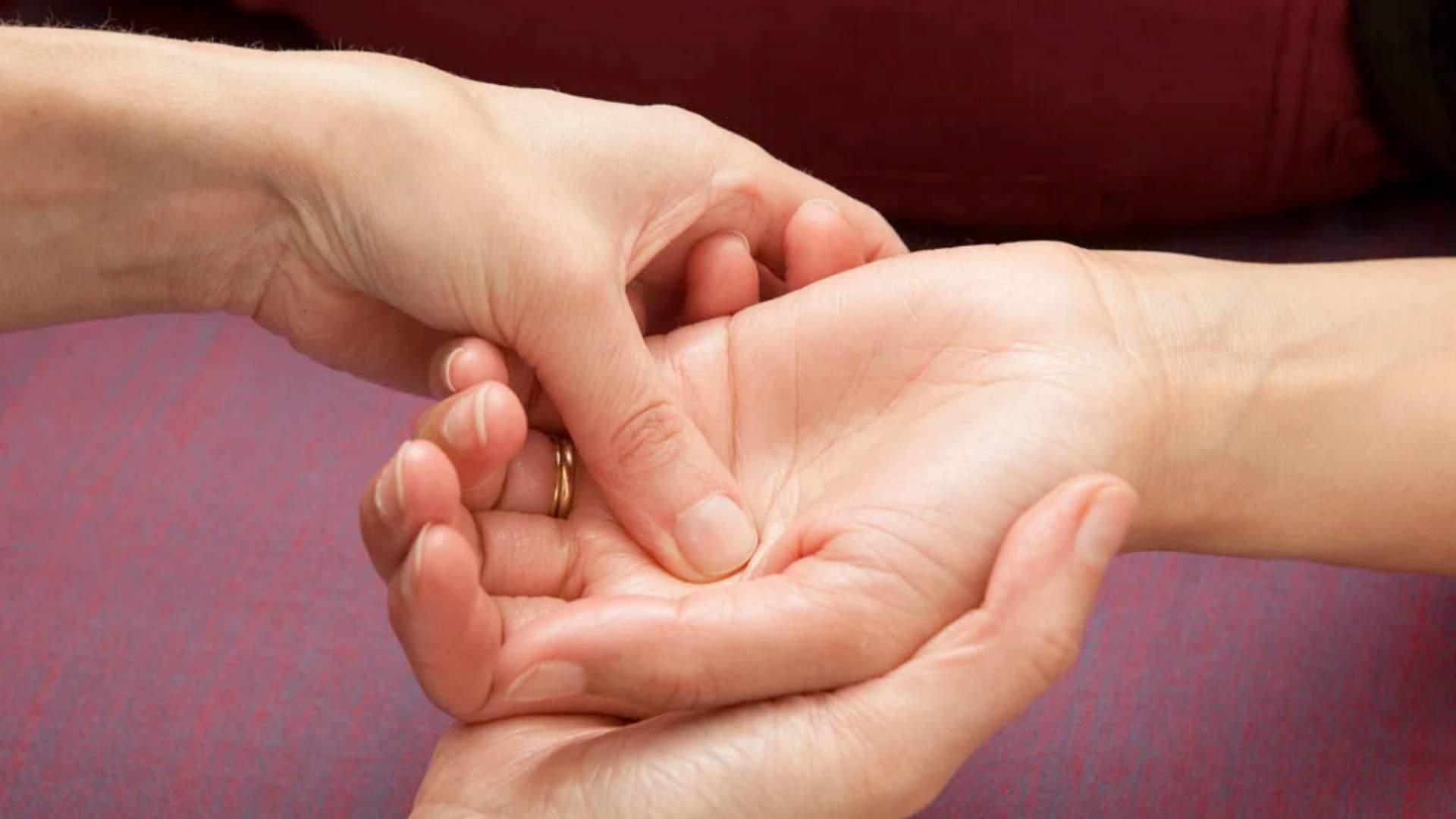In an era where digital connectivity is at its peak, platforms like Instagram, Facebook, and Snapchat have become integral to daily life, offering unprecedented opportunities for interaction and self-expression. Paradoxically, despite this virtual interconnectedness, feelings of loneliness and social isolation are on the rise. This article explores the complex relationship between social media usage and loneliness, delving into the psychological mechanisms at play and examining empirical research to understand how platforms designed to bring people together may, in fact, contribute to a sense of isolation.
The Allure of Social Media and Its Double-Edged Sword
Social media platforms are engineered to captivate users, providing instant gratification through likes, comments, and shares. This design fosters a compelling environment that encourages prolonged engagement.
Instant Gratification and Dopamine Release:
Engaging with social media triggers the release of dopamine, a neurotransmitter associated with pleasure and reward. Each notification or positive interaction can create a fleeting sense of happiness, reinforcing the desire to continue using the platform. However, this cycle can lead to dependency, where individuals increasingly turn to social media for validation, potentially neglecting real-world interactions and deepening feelings of loneliness.
Curated Realities and Social Comparison:
Users often present idealized versions of their lives on platforms like Instagram, showcasing moments of success, beauty, and happiness. This curation can lead others to engage in social comparison, measuring their own lives against the polished portrayals they observe. Such comparisons can foster feelings of inadequacy and isolation, as individuals may perceive their own experiences as lacking in comparison. Research indicates that this phenomenon is particularly pronounced among adolescents and young adults, who are more susceptible to the negative effects of social comparisons.
Empirical Evidence Linking Social Media Use to Loneliness
A growing body of research has sought to empirically examine the relationship between social media usage and feelings of loneliness.
Experimental Findings on Reduced Well-Being:
A study employed an experimental design to assess the impact of social media usage on well-being. Participants who limited their use of platforms such as Facebook, Snapchat, and Instagram to 10 minutes per day reported significant reductions in loneliness and depression over a three-week period compared to those who used social media as usual. This suggests a causal link between decreased social media usage and improved mental health outcomes.
Associations with Perceived Social Isolation:
Another study examined the relationship between social media use and perceived social isolation among young adults. The findings revealed that individuals who reported spending more than two hours per day on social media were twice as likely to experience feelings of social isolation than those who spent less time on these platforms, even after controlling for demographic variables and overall social support.
Psychological Mechanisms Underpinning Social Media-Induced Loneliness
Several psychological processes help elucidate how social media usage can exacerbate feelings of loneliness.
Fear of Missing Out (FOMO):
The constant exposure to others’ highlight reels can instill a fear of missing out, where individuals believe they are excluded from rewarding experiences enjoyed by others. This perception can lead to increased social media engagement in an attempt to stay connected, yet paradoxically, it can intensify feelings of loneliness and dissatisfaction.
Passive Consumption vs. Active Engagement:
The manner in which individuals use social media plays a crucial role in its psychological impact. Passive consumption, such as scrolling through feeds without interacting, has been linked to increased feelings of envy and decreased life satisfaction. In contrast, active engagement, including meaningful interactions and content creation, can foster a sense of community and belonging. However, passive usage is more prevalent and can contribute to a sense of disconnection.
The Role of Individual Differences
Not all users are affected by social media in the same way; individual differences can moderate the relationship between social media use and loneliness.
Social Comparison Orientation:
Individuals with a high tendency to engage in social comparison are more likely to experience negative effects from social media usage. For these individuals, exposure to others’ curated content can exacerbate feelings of inadequacy and loneliness. Conversely, those with lower social comparison orientation may be less impacted by the idealized portrayals prevalent on platforms like Instagram.
Emotional Support and Offline Social Networks:
The availability of offline social support can buffer against the negative effects of social media. Individuals with strong, supportive real-life relationships may be less susceptible to feelings of loneliness induced by social media, as their primary sources of validation and connection exist outside the digital realm.
Mitigating the Negative Impact of Social Media on Loneliness
While social media has the potential to contribute to feelings of loneliness, strategic usage, and conscious efforts can help mitigate these effects.
Mindful Engagement:
Setting intentional limits on social media usage and focusing on active, meaningful interactions rather than passive consumption can enhance the quality of online experiences. Engaging with content that fosters genuine connection and support, rather than comparison, can alleviate feelings of loneliness.
Digital Detoxes:
Periodic breaks from social media can provide respite from the pressures of constant connectivity and comparison. Research suggests that even short-term detoxes can lead to improvements in well-being and reductions in loneliness. For instance, a study found that individuals who took a one-week break from social media reported increased life satisfaction and decreased feelings of isolation.
Enhancing Offline Relationships:
Prioritizing face-to-face interactions and cultivating offline relationships can provide the social support necessary to combat loneliness. Engaging in community activities, pursuing hobbies, and spending quality time with family and friends have all been shown to buffer against isolation.
Digital Interventions and Technological Solutions
In the quest to mitigate loneliness exacerbated by social media, various digital interventions and technological solutions have been explored. These approaches aim to leverage technology to foster genuine connections and provide support for individuals experiencing social isolation.
Mindfulness and Self-Reflection Applications:
Certain digital tools are designed to encourage users to engage in mindfulness practices and self-reflection, helping them to recognize and address feelings of loneliness. By promoting self-awareness and emotional regulation, these applications can assist individuals in managing the negative emotions associated with social media-induced isolation.
Digital Companionship through Artificial Intelligence:
Advancements in artificial intelligence have led to the development of AI-driven companions intended to provide users with a sense of social presence. These digital companions can engage in conversations, remember user preferences, and offer emotional support. While they may offer temporary relief from feelings of loneliness, it is essential to recognize that they do not replace the depth and authenticity of human relationships.
Social Media Literacy Programs:
Educational initiatives aimed at enhancing social media literacy can empower users to navigate online platforms more mindfully. By understanding the curated nature of online content and the potential psychological impacts of social comparison, individuals can develop healthier habits and reduce the adverse effects associated with social media use.
Community-Based Interventions
Addressing loneliness requires a multifaceted approach that extends beyond individual efforts to encompass community-based strategies. Fostering environments that promote social interaction and support can significantly alleviate feelings of isolation.
Revitalizing ‘Third Places’:
The concept of ‘third places’ refers to informal public spaces such as cafes, community centers, and parks where individuals can gather and interact outside of home and work settings. These spaces play a crucial role in building social capital and fostering a sense of belonging. Revitalizing and increasing access to such communal areas can provide opportunities for face-to-face interactions, thereby reducing reliance on digital platforms for social fulfillment.
Organized Social Activities and Support Groups:
Facilitating organized activities and support groups can create structured opportunities for social engagement. Whether through hobby-based clubs, volunteer organizations, or peer support groups, these gatherings enable individuals to connect over shared interests and experiences. Research indicates that involvement in community groups is associated with improved mental health outcomes and reduced feelings of loneliness
Youth Engagement and Development Programs:
For younger populations, involvement in youth clubs and development programs can offer a constructive outlet for socialization. These programs provide safe spaces for adolescents to interact, develop social skills, and build meaningful relationships. Engagement in such activities has been shown to reduce screen time and mitigate the negative impacts of social media on mental health.
Policy Implications and Future Directions
Tackling the pervasive issue of loneliness in the context of social media usage necessitates concerted efforts from policymakers, educators, technology developers, and communities.
Regulation and Design of Social Media Platforms:
Policymakers can advocate for the implementation of design features that promote well-being on social media platforms. This includes tools that encourage time management, provide mental health resources, and reduce exposure to potentially harmful content. Collaborations between governments and technology companies can lead to the development of standards and regulations that prioritize user mental health.
Public Awareness Campaigns:
Raising awareness about the potential negative effects of excessive social media use and promoting digital literacy are essential steps in addressing loneliness. Public health campaigns can educate individuals on recognizing signs of social media-induced loneliness and provide strategies for healthier engagement with technology. These initiatives can also destigmatize seeking help for mental health concerns, encouraging individuals to reach out for support.
Research and Evaluation:
Ongoing research is vital to understanding the evolving relationship between social media and loneliness. Evaluating the effectiveness of various interventions, both digital and community-based, can inform best practices and guide future initiatives. Investing in longitudinal studies will provide insights into long-term outcomes and help in developing sustainable solutions.
While social media platforms like Instagram offer avenues for connection and self-expression, they also present challenges that can exacerbate feelings of loneliness and social isolation. Understanding the psychological mechanisms at play and implementing both individual and community-based interventions are crucial steps toward mitigating these effects. By fostering genuine offline relationships, promoting mindful engagement with technology, and creating supportive community environments, society can address the paradox of increased digital connectivity coinciding with rising loneliness.
If social media or digital overwhelm is affecting your peace or emotional well-being, mindfulness counseling can help you regain clarity, confidence, and balance. Through personalized sessions, we guide individuals to navigate relationships with self-awareness, set healthy boundaries, and reduce anxiety caused by comparison or online validation.
Learn practical techniques to cultivate emotional resilience, improve communication, and create fulfilling friendships without digital stress.
Book a session today and start building a healthier, more mindful approach to relationships and personal well-being. Reach out via email or WhatsApp to begin your journey toward emotional clarity and inner peace.
General Questions About Loneliness and Social Media
How does social media contribute to loneliness?
Social media platforms like Instagram and TikTok can increase loneliness by fostering social comparison, reducing real-life interactions, and creating unrealistic expectations of social life. Studies show that passive scrolling leads to feelings of isolation, as users compare themselves to highly curated online personas rather than engaging in meaningful relationships.
Can using Instagram too much make you feel more alone?
Yes, excessive Instagram use has been linked to higher levels of loneliness and depression. Research found that limiting social media use to 30 minutes a day significantly reduces loneliness and symptoms of depression.
Why do I feel lonely even though I have many social media followers?
Having many followers does not equate to deep, meaningful connections. Social media interactions are often superficial, and people may prioritize maintaining an online presence rather than forming real, emotionally supportive friendships. Studies show that frequent social media users often report feeling more isolated than those who invest in offline relationships.
Psychological Effects of Social Media on Loneliness
What is “social media-induced loneliness”?
Social media-induced loneliness refers to the paradox of feeling alone despite constant digital connectivity. Research suggests that this phenomenon occurs because online interactions lack the depth, emotional reciprocity, and real-world bonding experiences that traditional friendships provide.
Does social media cause depression and anxiety?
Yes, excessive use of social media has been strongly associated with increased anxiety and depression, particularly among young adults. A study found that people who spend more than two hours a day on social media are twice as likely to experience depression and anxiety.
Why does social media make us compare ourselves to others?
Social media amplifies social comparison by showcasing only the best moments of people’s lives, leading users to feel inadequate about their own experiences. According to a study published in Cyberpsychology, Behavior, and Social Networking, this effect is particularly harmful to self-esteem and mental well-being.
What is the Fear of Missing Out (FOMO) and how does it relate to loneliness?
FOMO is the anxiety that others are experiencing more rewarding social activities without you. Social media intensifies FOMO by constantly exposing users to highlights of other people’s lives, making them feel excluded. A study found that higher FOMO levels are directly linked to increased social media usage and greater feelings of loneliness.
Social Media Habits That Increase Loneliness
Does spending too much time on Instagram increase social isolation?
Yes, studies have found that spending more than three hours a day on Instagram and similar platforms increases feelings of isolation and social withdrawal. Excessive usage replaces real-life interactions with digital engagement, which does not provide the same emotional connection.
What is “doomscrolling” and how does it affect loneliness?
Doomscrolling refers to the habit of obsessively scrolling through negative or distressing social media content. This behavior increases stress, anxiety, and feelings of helplessness, making users more prone to loneliness. Research indicates that doomscrolling disrupts sleep and leads to long-term mental health issues.
Why does social media make me feel left out?
Social media makes exclusion more visible. When people post group photos, party highlights, or vacation experiences, it reinforces the idea that others are having fun while you are not. This can lead to increased loneliness, low self-worth, and avoidance of social interactions.
How to Reduce Social Media-Induced Loneliness
How can I stop feeling lonely because of social media?
To reduce loneliness caused by social media:
- Limit screen time to less than one hour per day for improved well-being.
- Engage in offline activities like hobbies, exercise, and social meetups.
- Curate your feed by unfollowing accounts that trigger negative comparisons.
- Increase real-world conversations and limit passive scrolling.
Is quitting social media the only way to feel less lonely?
Not necessarily. A balanced approach to social media use—where users engage meaningfully rather than passively scrolling—has been shown to be effective. A University of Pennsylvania study found that reducing social media time to just 30 minutes per day significantly decreases loneliness and depression.
What are some healthy social media habits to prevent loneliness?
Use social media to strengthen real-life connections rather than replace them. Engage in meaningful interactions, such as commenting and messaging instead of passively consuming content. Set boundaries on screen time to prevent overuse and encourage offline engagement. Follow positive, uplifting accounts that inspire rather than trigger negative social comparisons.
The Future of Social Media and Mental Health
Are tech companies addressing the issue of social media and loneliness?
Tech companies have introduced features such as digital wellness tools, screen time reminders, and content moderation to reduce social media harm. However, research suggests that self-regulation strategies are still more effective in reducing loneliness than platform-based interventions.
What policies could help reduce the negative effects of social media?
Experts recommend age restrictions, better content moderation, and mental health resources integrated into platforms to reduce social media’s impact on loneliness. Governments and organizations have called for ethical AI use, banning manipulative engagement strategies, and transparency in algorithmic recommendations.





